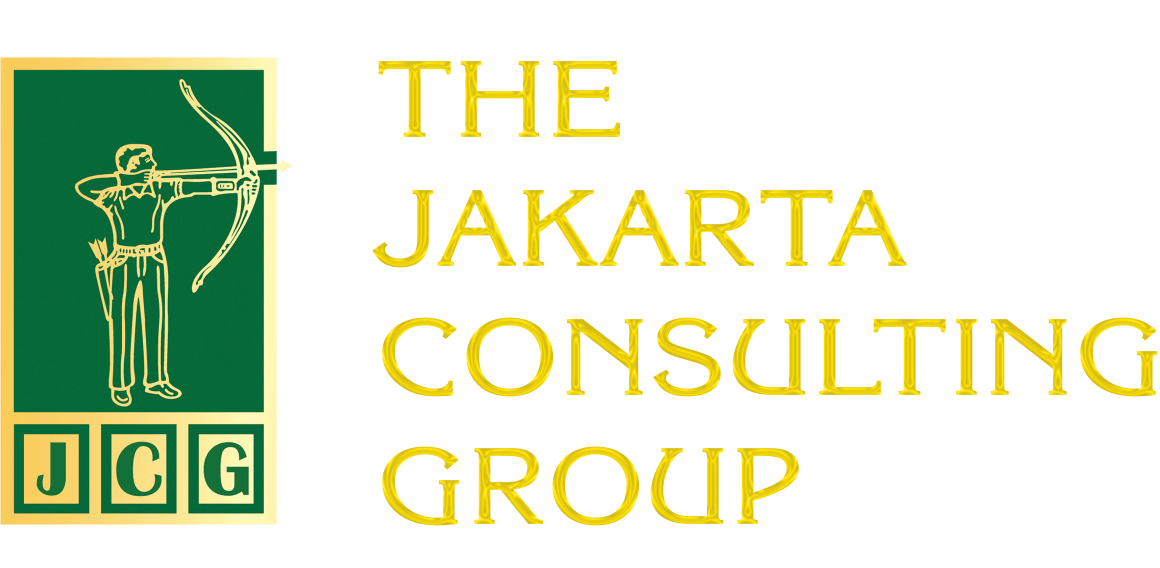In the first decade of our career journey, many of us are driven by clear and concrete benchmarks of success: a prestigious job title, a pay rise, a quick promotion or a famous company logo on our business cards. These external signs are not just about income, but also about social recognition. They give us a sense of pride when our families ask us about them at Eid gatherings, or when old friends stare in awe when they hear the name of our workplace.
However, as we enter middle age-generally between 35 and 45 years old-the winds start to change. The career path that once seemed ideal suddenly loses its magic. The enthusiasm of working in a multinational company or a grand headquarters slowly fades. The once proud office space now feels like an invisible cage. This is the so-called mid-career dilemma-the inner tension between pursuing prestige or pursuing harmony with oneself.
The Appeal and Snare of Prestige
Humans instinctively desire validation. Prestige gives us that-instant recognition from the environment. Working for a large state-owned enterprise, a global corporation, or an international non-governmental organization (NGO) gives the impression of being successful, established, and worthy of respect.
Not only that, prestige also promises stability. Neat organizational structures, measurable career journey, and a big company name that “speaks for itself” offer comfort to young professionals who are building a reputation.
However, with time and maturity, prestige can turn into a subtle trap. A position that looks shiny on paper can be energy-sucking and mentally exhausting. Company culture may not align with personal principles. There is less room to grow or be yourself because there are too many restrictions or internal political games. What looks shiny on the outside doesn’t always bring satisfaction on the inside.
The Awakening of Self-Discovery

As we enter the middle phase of our career journey, our priorities begin to shift. New questions arise, much deeper and existential: What am I truly passionate about? Does this job reflect who I am? What kind of work environment allows me to grow and be happy?
Congruence is not an abstract concept. It shows up in everyday life: in team dynamics, leadership quality, work culture, flexibility of working hours, creative opportunities, and the extent to which work gives meaning. Many professionals realize that working in a small, more humane company gives them more emotional satisfaction than an established corporation full of bureaucracy.
Or conversely, working in a nonprofit organization for a smaller salary, but with a cause that aligns with one’s values, may be more enjoyable than a luxurious career journey that leaves you exhausted.
When Prestige and Suitability Collide
This conflict between prestige and identity often culminates in various forms.
- Post-promotion emptiness. A professional who ends up in the executive chair suddenly feels empty. Behind the title of director, he is fed up with the office politics and work rhythm that erodes his personal life.
- Conflict of values. Imagine an environmentalist who has to sell a business decision that destroys nature. On paper, he succeeds. But in her heart, she feels like a failure to herself.
- Lifestyle mismatch. Parents who are busy pursuing a prestigious career may suddenly realize: what good is an annual bonus if I’m missing out on my child’s childhood?
- Mental stagnation. Despite working for a reputable company, some people feel like they are no longer growing. There are no new challenges. There is no passion for learning. Routine kills curiosity.
Choosing Yourself is Not Easy
Choosing your suitability over prestige is not an easy step. Fear comes in waves. The fear of social judgment: “How can you leave such a big company?” Fear of losing financial stability, losing relevance in the eyes of the industry, also fear not knowing where to go after leaving.
Fear in a career journey is normal. But staying just because you’re afraid of change is riskier. Many end up experiencing prolonged mental fatigue, being physically present but no longer energized, or even experiencing severe burnout.
Redesigning the Definition of Success

So, how to manage this dilemma?
1. Redefine what success means
Success in your career isn’t just about company logos or job titles. It could mean having dinner with your family, having space to write or create, or feeling like your work has real impact.
2. Remap personal values
What is really important to you-freedom, creativity, social impact or personal growth? Compare it to your current work situation. If they’re polar opposites, it might be time to consider a new direction.
3. Don’t rush to jump
Do small experiments. Take on projects outside the routine. Volunteer. Try a side hustle that aligns with your interests and values. Test whether the world out there is really a better fit, without leaving your comfort zone right away.
4. Learn from the stories of others
Many professionals have bravely left prestigious careers for a more fulfilling life path. They may have lost a big paycheck, but they’ve regained the meaning in life and mental health they’d lost.
5. Use available support
Many companies now provide coaching, career counseling or mentoring programs. Talk to a neutral party to assist you in seeing the big picture and strategizing realistically. However, choosing the right person to accompany you on your career journey is not just about finding a good listener. You need a partner who understands human dynamics as well as the organizational context and business challenges as a whole.
Jakarta Consulting Group, for example, offers consulting with a holistic approach. Starting from understanding individuals with business strategies, systems, to organizational culture. With more than 40 years of experience and cross-industry expertise, JCG is able to provide relevant, practical, and analysis based guidance. This approach enables individuals and organizations to develop together, in harmony, and sustainably.
#mid-careerdilemma #prestige #self-accordance #lifemeaning #career #self-reflection #burnout #professionalstagnation #valueconflict #socialvalidation #successmeaning #lifebalance
Related Posts:
Does AI Automation Speed Up Work, but Impoverish the Learning Process?
Non-Monetary Appreciation: The Recipe for Employee Loyalty and Happiness
Golden Shackles: Employee Retention Strategy or Career Shackles?
Climbing the Ladder or Skill Expansion? The Career Dilemma of Today’s Employees
Social Footprint Check: When Digital Footprints Determine a Person’s Career Fate











